
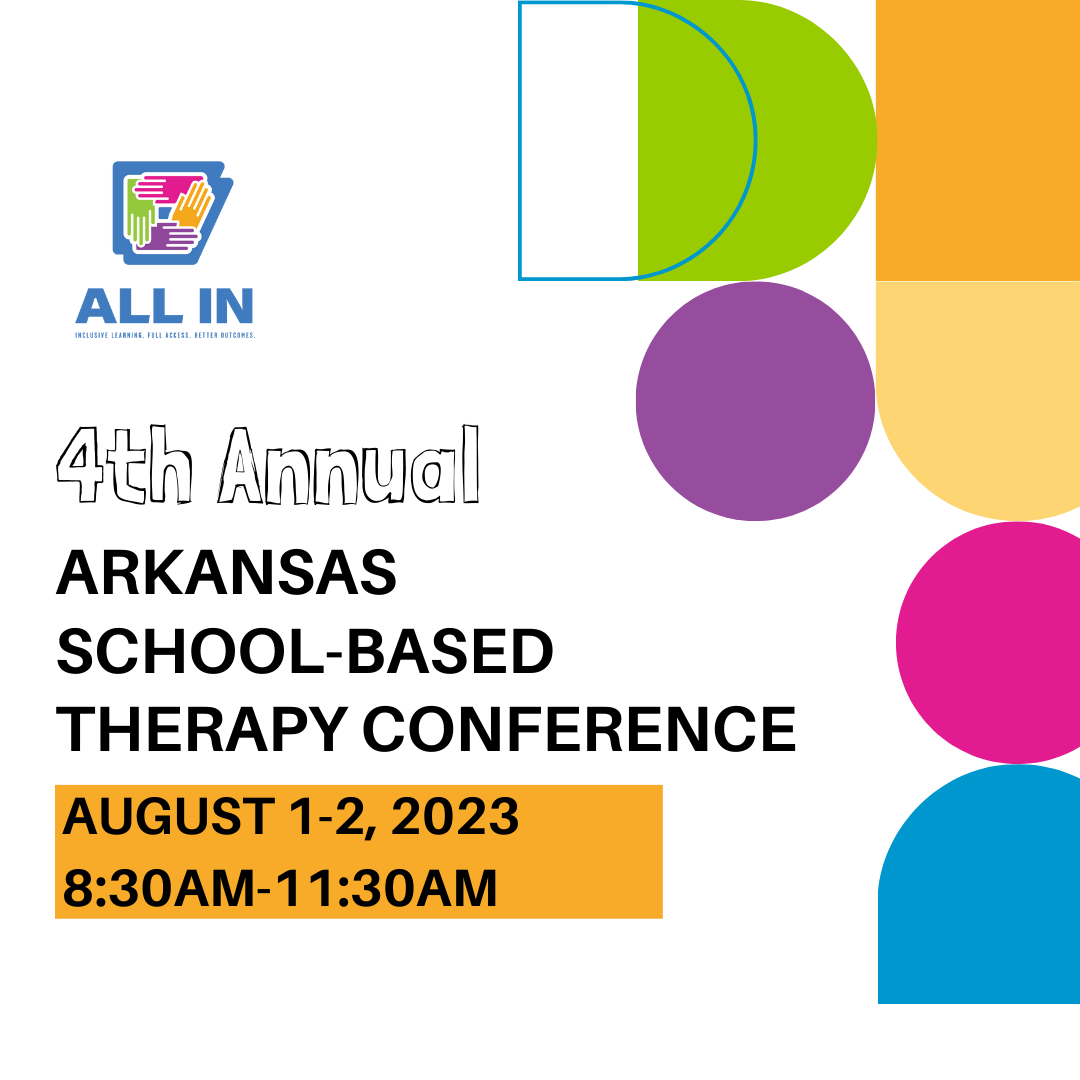
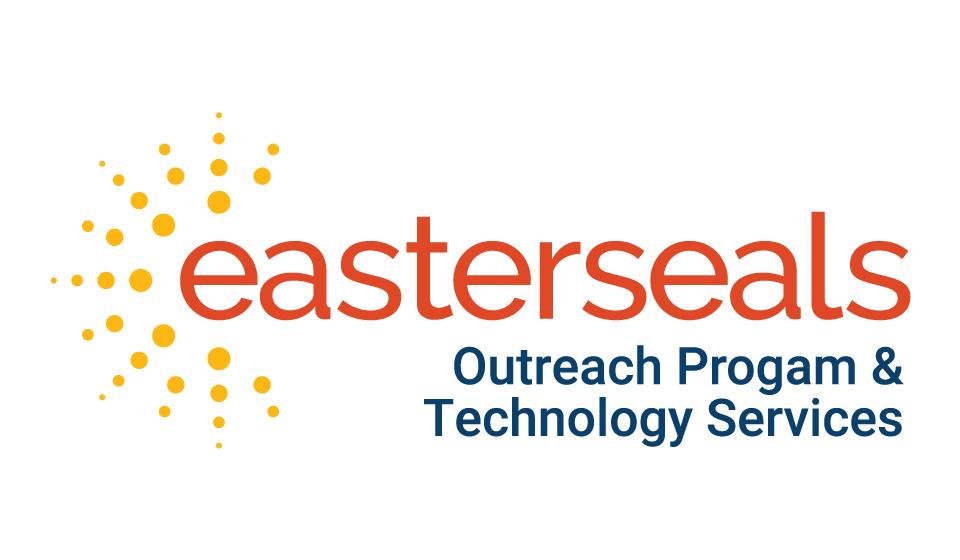
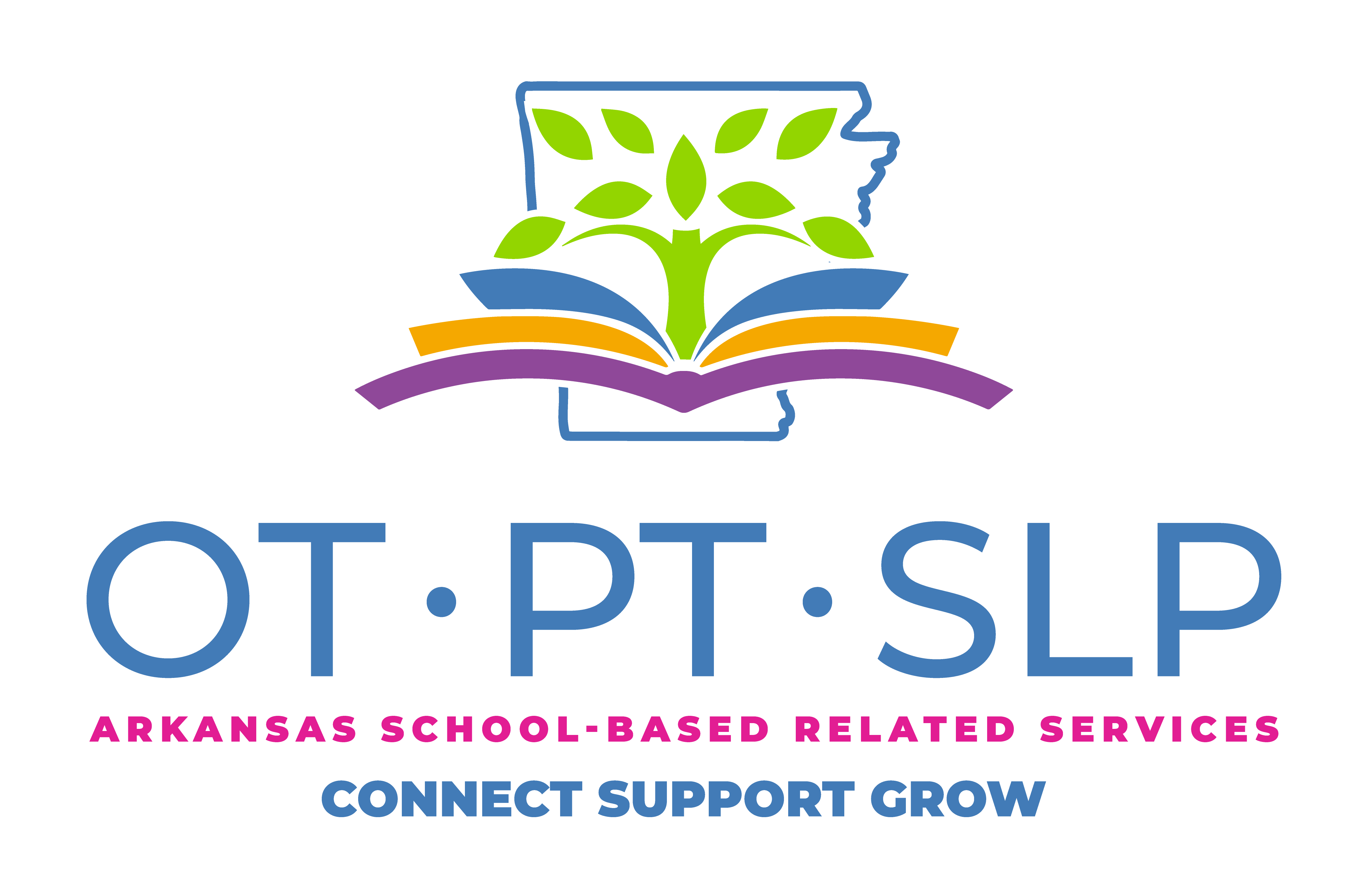

This 2-day (6 hour) professional learning opportunity will explore the roles of school-based occupational therapists, physical therapists, and speech-language pathologists in facilitating inclusion of students receiving special education.
This is a virtual synchronous event offered at no-cost. Participants will need a computer and access to high-speed internet for both days of the training. A certificate will be provided to attendees of the live event completing the post-conference survey. Asynchronous attendees are not eligible for certificates.
Meets standard for approval from ARPTB, ABESPA, ASMB.
** Denotes Agenda items available for ASHA CEU credits
ASHA CEUs provided by:
Easterseals Outreach Program in partnership with the Arkansas Speech-Language-Hearing Association

Day 1
General Session Day 1
August 1st
8:30 AM | Welcome & Introduction
8:40 AM | All In Speaker: Dr. Jeff Adams
9:20 AM | From Challenges to Opportunities: 3 Ways to Supercharge Your Students for Success Speaker: Ruth Ziolkowski
9:40 AM | All In on Related Services: Delivering Supports Inclusively** Speaker: Dr. Jenna Rufo
11:20 AM | Wrap Up – Survey Time!
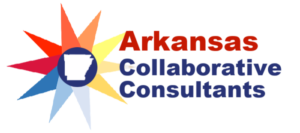
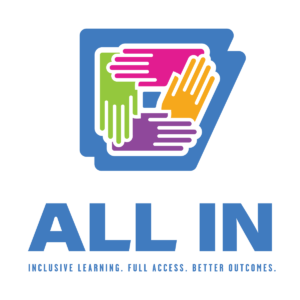



Jeff Adams, Ed.D. is the State Systemic Improvement Plan Coordinator for the Arkansas Division of Elementary and Secondary Education’s Office of Special Education. Jeff has a background in speech pathology and working with students with complex learning needs. Prior to his current role, Jeff served as a technical assistance provider with Easterseals Arkansas. He also instructs a course on severe disabilities at the university level.
Dr. Matt Sewell and Dr. Jeff Adams will provide opening remarks on special education and related services. They will also share updates on the work of the Office of Special Education and the Arkansas Collaborative Consultants and ways therapists can connect to resources and support.

Best Practices for Developing Effective OT/Teacher Partnerships
Learning Objectives
- Participants will demonstrate a minimum of 5 strategies to be used with school personnel and students with regard to the handwriting process.
- Participants will demonstrate a minimum of 5 strategies that have an academic component to be used with school personnel and students with regard to the development of fine motor skills necessary for effective handwriting.
- Participants will demonstrate a minimum of 5 strategies to develop OT/Teacher partnerships.
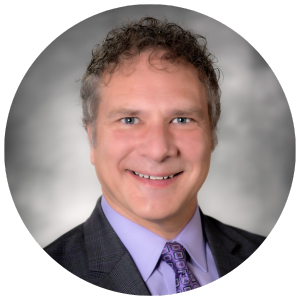
Perry Flynn is a Professor at the University of North Carolina Greensboro and the Consultant to the North Carolina Department of Public Instruction in the area of Speech-Language Pathology. He is an ASHA Fellow and two time member of the Board of Directors.
Service Delivery as it Impacts Workload for the OT, PT and SLP
Learning Objectives
- Name a variety of service delivery models that may represent serving students in the Least Restrictive Environment.
- Name several models of classroom-based service delivery
- Discuss a workload model of accounting for the OT, PT or SLPs time during the workday.

Rosemarie Griffin, MA, CCC/SLP BCBA, is an ASHA certified Speech-Language Pathologist and Board Certified Behavior Analyst. She has worked in the field for 20 years and has experience in the public school setting, as well as in private practice and private schools. She is the founder of ABA SPEECH. ABA SPEECH offers therapy services, courses, consultations and products geared towards helping autistic students find their voice. Rose is also the host of the Autism Outreach Podcast, a weekly show all about autism and communication. She is a sought after speaker who enjoys connecting with audiences at the local, state and national level. Rose is passionate about the mission of ABA SPEECH, which is to help all students become more independent communicators.
Functional School Based Services For School-Aged Autistic Learners
Learning Objectives
- Participants will be able to list 2 helpful areas of assessment for this age group.
- Participants will be able to state 5 skills to consider when goal setting for
school-aged autistic learners. - Participants will be able to discuss 3 modified leisure skills to use with students to help them increase this overall social language skills.
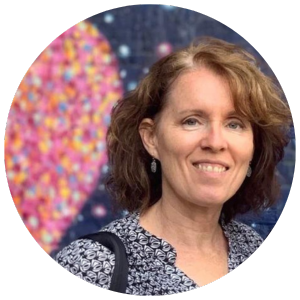
Dr Johnson is a school based physical therapist and LEND faculty at Virginia Commonwealth University. She is ABPTS Board Certified, DC LEND trainee
who received her MSPT from Springfield College and DScPT from University of Maryland. She’s an advocate to eliminate health and opportunity disparities to achieve employment for youth with disabilities. She has published in peer reviewed journals on transition, fitness of youth with disabilities, case studies on work capacity evaluation in transition and Use of the Guide to Physical Therapist Practice. She is an active member of the Academy of Pediatric Physical Therapy and is co chair of the Practice Development Committee and a member of the school and AADA SIGs as well as a member of the Academy of Orthopedic Physical Therapy. She is the creator of Fit4Work.
Learning Objectives
- Identify risk factors for future unemployment for youth and adults with disabilities using the ICF and Health Risk Pathway.
- Apply educational/ ergonomic and work concepts to secondary populations
- Describe at least 2 strategies to implement Fit4Work Concepts across school and community settings.
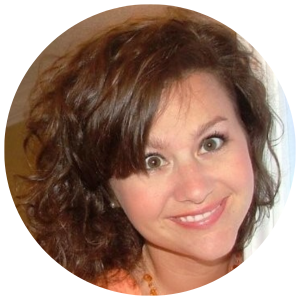
Angie Neal is the Speech-Language Pathology Consultant for the South Carolina State Department of Education. She is also a board member with the State Education Agencies Communication Disability Council and the American Speech-Language Hearing Association School Issues Advisory Board. Angie is a LETRS facilitator, completed the inaugural ASHA School-Based Leadership Development Program, and is the recipient of the Rolland J. Van Hattum Award for Contributions to Schools (SC) and the Nancy McKinley Leadership Award (OH). In addition, she has served as a board member for the SC International Dyslexia Association, adjunct professor for the Communication Disorders Master’s Degree program at the University of South Carolina and is a published author.
The Impact of Covid and Screen Time on Development
Learning Objectives
- State the current recommendations by the American Academy of Pediatrics for screen use in children ages birth through six years and above.
- List key areas of development that are negatively impacted by excessive screen use and the pandemic.
- Describe strategies that help improve negative consequences of excessive screen time and language poor environments.
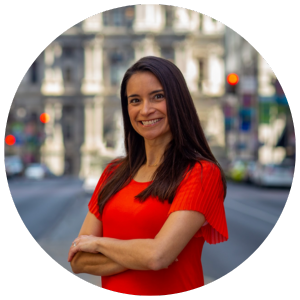
Dr. Jenna Mancini Rufo is an educational consultant and the founder and CEO of Empower ED School Solutions, a consulting firm specializing in special education and inclusion. Dr. Rufo currently provides professional development on inclusive practices and related topics to school districts, organizations, and families in 15 states and Australia. She is the co-author of Reimagining Special Education: Using Inclusion As a Framework To Build Equity and Support All Students, and The Way to Inclusion: Creating Schools Where Every Student Belongs. Prior to her consulting work, Dr. Rufo served as a special education teacher, inclusion facilitator, policy specialist for the Massachusetts Department of Education, Special Education Director, and Assistant Superintendent. She was inspired to enter the field of education by her sister Nina, who has multiple disabilities and complex support needs. Dr. Rufo views education as her calling and is passionate about creating an equitable school system for ALL learners.
All In on Related Services: Delivering Supports Inclusively
Learning Objectives:
- Articulate why an inclusive model of special education and related service delivery
is critical in better addressing the unique learning needs of ALL students. - Implement strategies to provide related services within the context of general education.
- Collaborate effectively with colleagues to provide related services inclusively.

Founder and Executive Director
The Handwriting Collaborative
https://handwritingcollaborative.org
Kathleen Wright is the Founder and Executive Director of The Handwriting Collaborative. She began her career as an early childhood educator and has been a literacy and handwriting instructional specialist and nationally recognized handwriting research advocate for over 30 years. Kathleen has served as subject matter expert on literacy, process writing and handwriting curriculum development-including the use of teacher-and student-facing classroom technology; and directed the development and implementation of a national handwriting instructor certification course. She has presented on best-practice approaches to classroom instruction at national and state-level conferences; led virtual and in-person professional development workshops; and organized and directed the 2022 International Conference on the Science of Written Expression which was held virtually via zoom on January 21st – 23rd, 2022. (https://conference.handwritingcollaborative.org)
The Handwriting Collaborative is a non-profit organization of curriculum specialists, educators, researchers, and school-based occupational therapists who provide consultation and training on best-practice strategies for handwriting instruction and practice in the elementary classroom.
Kathleen can be reached by phone at 1.614.678.2335 or by email at [email protected].
Best Practices for Developing Effective OT/Teacher Partnerships
Learning Objectives:
- Participants will demonstrate a minimum of 5 strategies to be used with school personnel and students with regard to the handwriting process.
- Participants will demonstrate a minimum of 5 strategies that have an academic component to be used with school personnel and students with regard to the development of fine motor skills necessary for effective handwriting.
- Participants will demonstrate a minimum of 5 strategies to develop OT/Teacher partnerships.
Ruth is an Occupational Therapist with an MBA. She has been involved in assistive technology for more than 35 years. Ruth was president of Don Johnston Inc and is currently the senior vice president of Partnerships and public policy at Texthelp , her work has always been driven by her passion for students who learn differently. She has served on several advisory boards including accessible educational materials (AEM) which is led by Cast, Bookshare as well as the Assistant Technology Industry Association (ATIA). Ruth believes that through the power of Technology we can ensure that every student can understand and be understood.
Through the lens of inclusive technologies and data-driven decisions, we will delve into innovative approaches that foster an inclusive learning environment. Discover how leveraging literacy and math technology toolbars can empower students of all abilities, enabling personalized learning experiences and tailored support. Join us as we explore the potential of data-driven insights to identify and address individual needs, determine accommodations and ensure every student thrives and reaches their full potential. Don't miss this opportunity to gain practical insights and actionable steps to empower your students on their journey to success.
